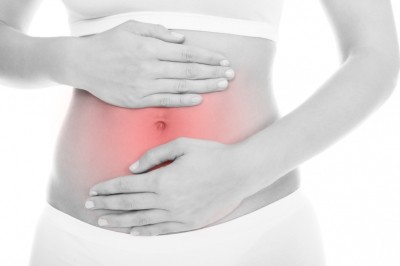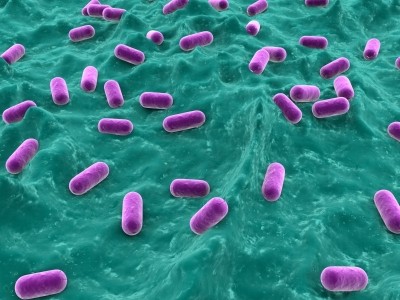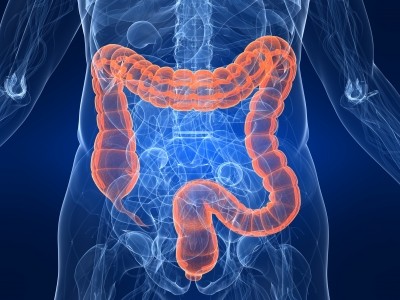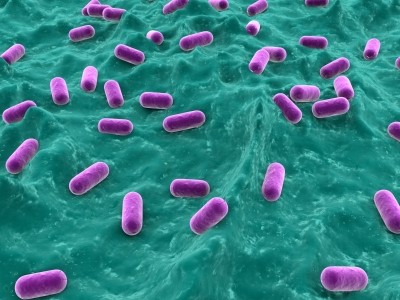EFSA rejects Lactobacillus casei probiotic gut health claim
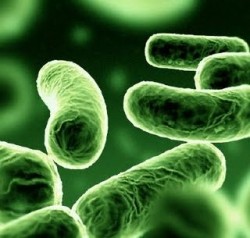
The latest raft of probiotic rejections stunned veteran researchers like Ger Rijkers, PhD, from the Department of Surgery at the University Medical Center Utrecht, who commented that, “at this stage it becomes more and more pathetic how this committee tries to come up with yet other arguments to reject a claim application.”
For this article 13.1 dossier, the Panel on Dietetic Products, Nutrition and Allergies (NDA) said the claimed effects: “contributes to the rebalancing of intestinal microflora” and, “reducing the content of potentially pathogenic microorganism” were not backed by the results of five “gold standard” human intervention studies.
The NDA position on the potential health benefits of reducing pathogens in the gut is ambivalent as it has noted in previously issued guidance and reiterated in the new opinions. “The Panel considers that decreasing potentially pathogenic gastro-intestinal microorganisms might be a beneficial physiological effect,” it said.
Rejection redaction
The NDA found that in four studies no clear benefits were demonstrated. One 2002 study evaluated L. casei numbers in faeces after consumption; two studies investigated the effects of L. casei plus the anti-inflammatory drug mesalazine in reducing colon disease. A fourth studiedthe effect of L. casei alone and in various combinations on, “intestinal microbiota adhering to the sigmoid colon mucosa, on the intestinal mucosal cytokines level, and on toll-like receptor expression.” The study group comprised 26 patients with ulcerative colitis.
None of the outcomes were deemed significant. “In these studies, no outcomes on reduction of gastro-intestinal pathogens were reported. The Panel considers that no conclusions can be drawn from these studies for the scientific substantiation of the claim.”
Healthy population extrapolation
For the fifth study (Tursi et al. 2004), the NDA said the observed reduction of the pathogen Helicobacter pylori was not useful to back a health claim because the results were derived from a sick population sample.
“The Panel notes that no evidence was provided that results obtained in patients with H. pylori infection under antibiotics with respect to the treatment of the disease can be extrapolated to healthy subjects with respect to the development of H. pylori infection. The Panel considers that no conclusions can be drawn from this study for the scientific substantiation of a claim on defence against pathogenic gastro-intestinal microorganisms targeted to the general population (i.e. subjects without infections).”
With its assessment complete, it concluded, “no human studies were provided from which conclusions could be drawn for the scientific substantiation of the claim.”
“The Panel concludes that a cause and effect relationship has not been established between the consumption of Lactobacillus casei DG CNCM I-1572 and decreasing potentially pathogenic gastro-intestinal microorganisms.”
Commenting on the ongoing rejection of probiotic science by the NDA, Dr Bruno Pot, from the Pasteur Institute inLille,France, called for a new kind of assessment committee.
“We need a multidisciplinary evaluation team with can judge the real value of the research presented as well as communication experts that can assist in the correct formulation and translation of these research results into health claims that will tell the consumer or the prescribing doctor exactly what they may expect from these products,” he said.
The Lactobacillus casei family is one of the most popular strains and appears in the products of global probiotic leaders, Yakult and Danone.
The NDA opinion can be found here.
